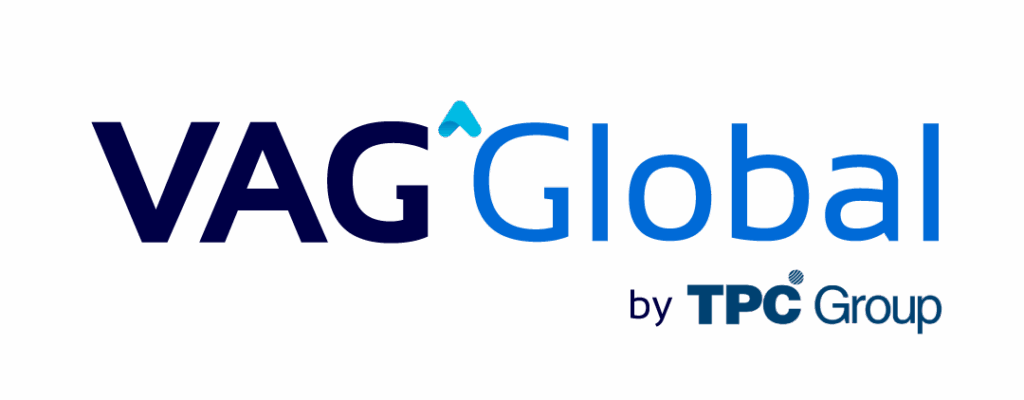Introduction
As of January 1, 2025, the minimum wage in Peru will be increased to S/1,130, as established in Supreme Decree No. 006-2024-TR. This increase directly benefits workers who receive the Minimum Living Wage (MLW) and affects various labor benefits, including the family allowance.
What Is the Family Allowance?
The family allowance is an economic benefit equivalent to 10% of the MLW granted to private sector workers with minor children or older in higher education, up to 24 years of age, to support employees with family responsibilities.
Requirements to Apply for the Family Allowance
In order to be eligible for the family allowance, the employee must meet the following criteria:
- Labor regime: Be subject to the private activity labor regime.
- Family burden: Have minor children or older attending higher education, up to 24 years of age.
- Accreditation: File documentation supporting the existence of the children and, in the case of those over 18 years of age, proof of higher education.
It should be noted that this benefit is granted in full each month if employees meet the established requirements, and it is not proportional to the days worked.
Procedure to Apply for the Family Allowance
Birth Certificate: Demonstrate the existence of minor children. After filing the documentation, the employer must include the corresponding amount in the worker’s monthly remuneration.
Importance of the Family Allowance in the Labor Context
The family allowance is an additional economic support for workers with family responsibilities, affecting the calculation of other social benefits, such as the Compensation for Time of Services (CTS), bonuses, and EsSalud contributions. Therefore, the increase in the MLW and, consequently, in the family allowance, significantly affects labor benefits, improving the economic conditions of employees.
Conclusion
The increase in the minimum wage to S/1,130 as of January 2025 adjusts the family allowance, raising it to S/113 per month. This increase reflects the authorities’ commitment to keep labor benefits updated, recognizing the importance of supporting employees with family responsibilities and contributing to the welfare of their households.
Source: Private sector workers earning minimum wage will receive a higher percentage of this labor benefit in 2025 Peru : Economy : La República
